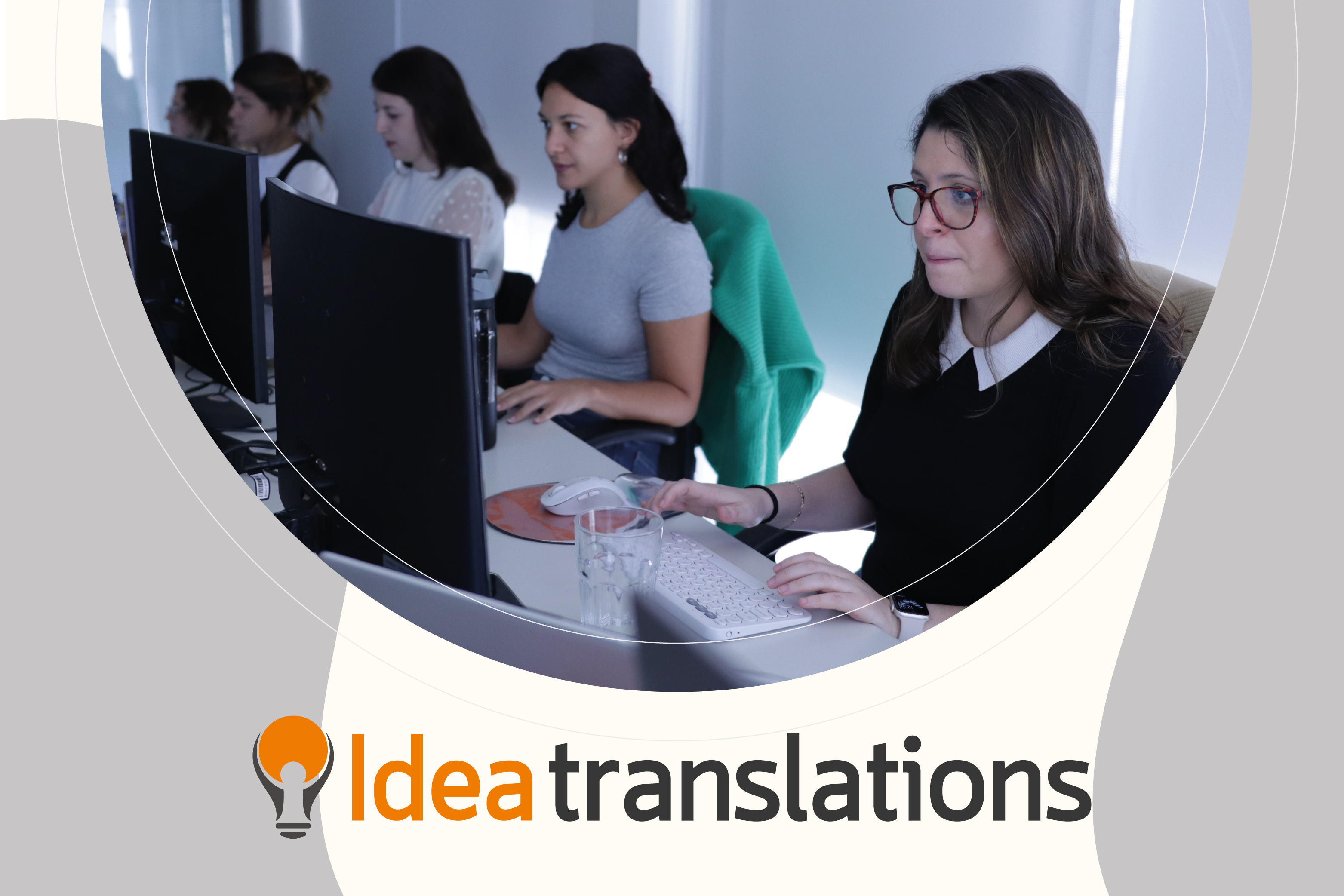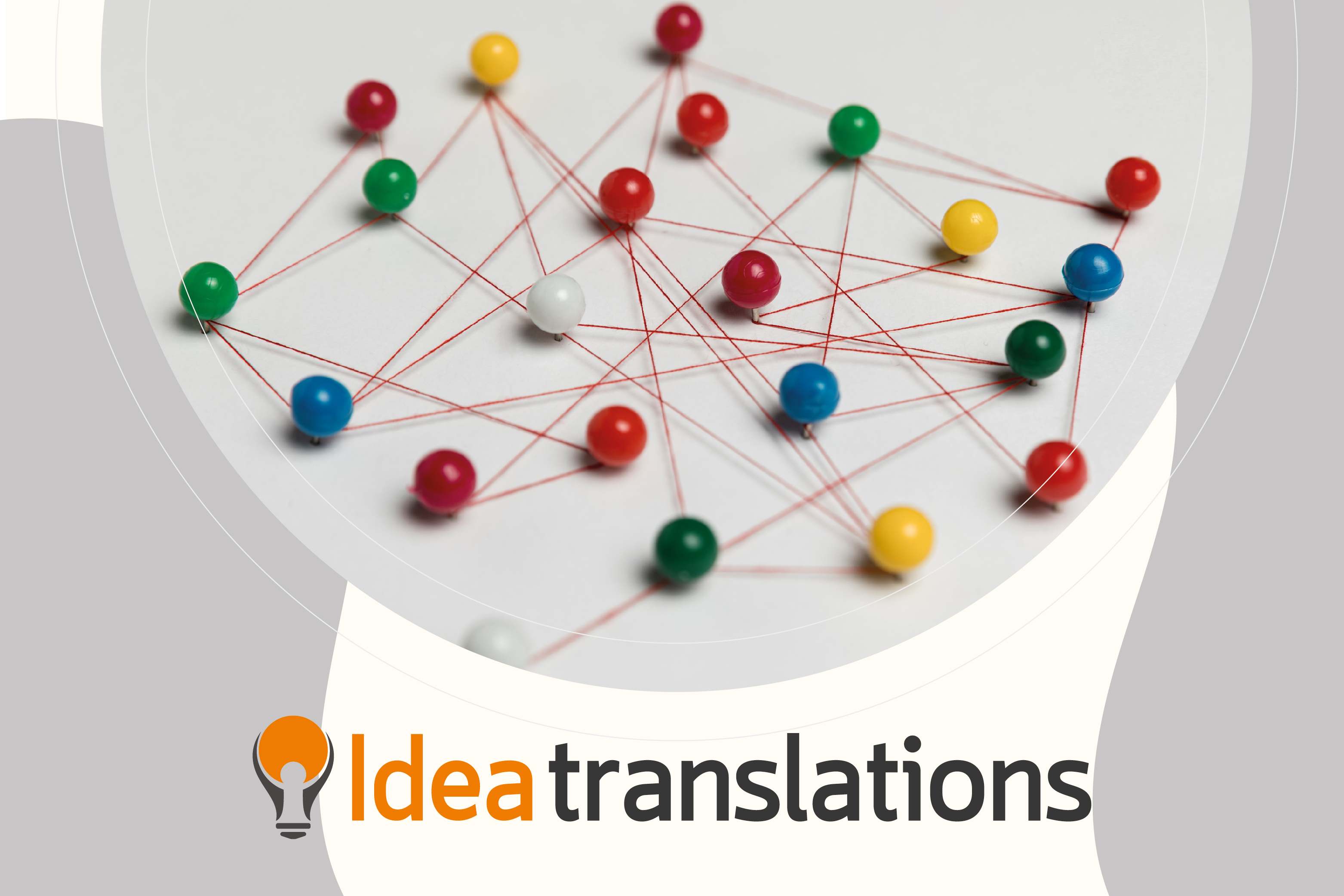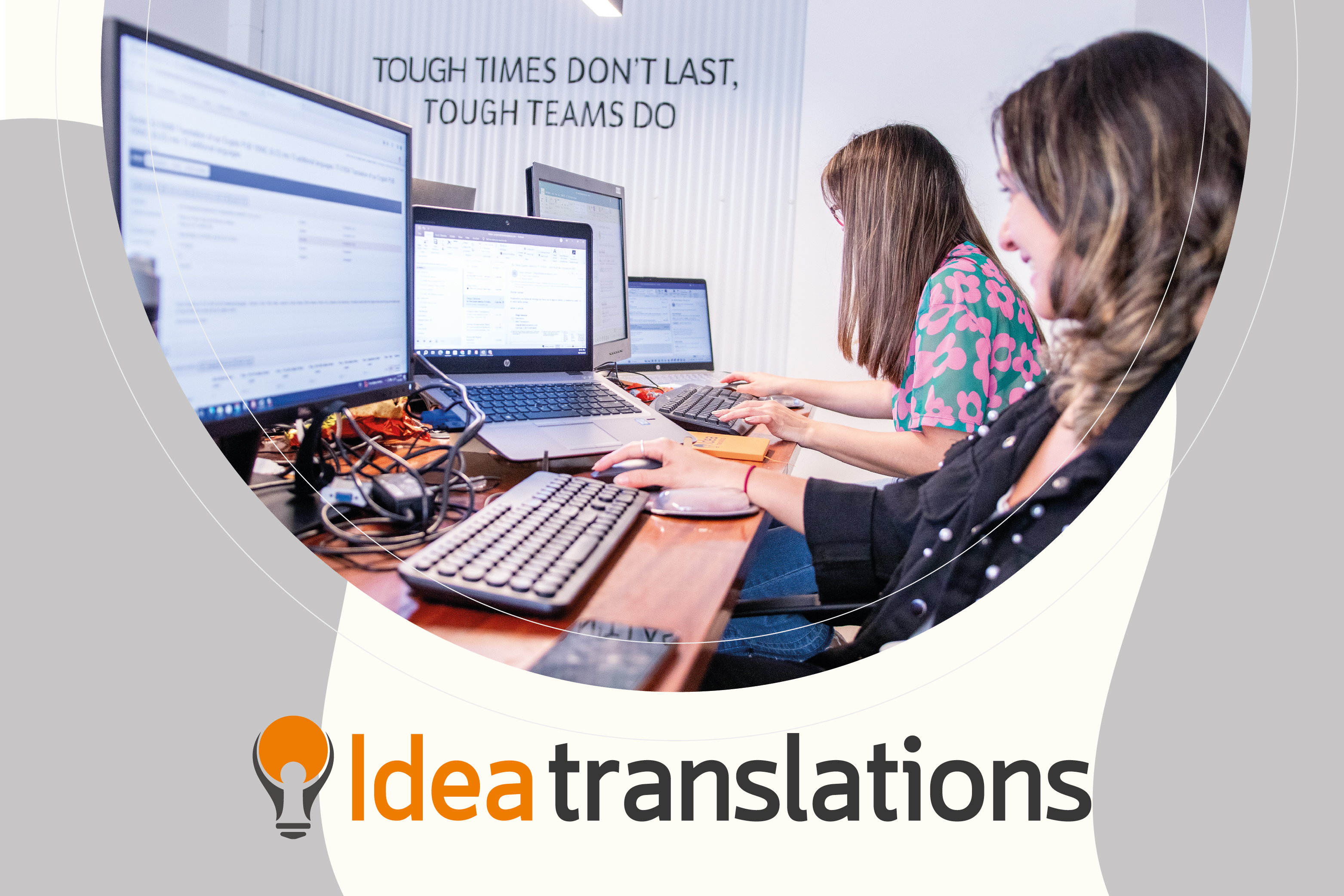
- April 24, 2023
- By: Antonela Accorinti
- Best Practices, Translations
In the world of translation, accuracy and expertise are key, especially when it comes to specialized translations, such as those related to the technical and scientific fields!
While both require a high degree of professionalism on the translator’s end, there are key differences between the two that should be taken into consideration when choosing a specialized translation service.
Technical Translation:
It focuses on operational and practical matters related to specific industries or topics. In this type of translation, it is vital to ensure that the context, accuracy and legibility of the translated document are all in perfect balance. However, it is absolutely critical that the translator understands the industry jargon and specific terminology. For that reason, the translator must not only have dominion over both source and target language, but they also need to have a deep understanding of the subject they are translating.
Scientific Translation:
Translators must be extremely accurate in their word choice and sentence structures, in order to avoid any miscommunication due to incorrect context or meaning, which are typically caused by language barriers. In this type of translation, the translator must have experience and knowledge of both general and specific scientific terminology, as well as an understanding of how to clearly communicate complex concepts from one language to another. In addition, scientific translators often have strong academic backgrounds and specialize in the subject matter areas they work with, since this type of scientific content often entails very complex findings, which can be very challenging to convey in other languages without being completely knowledgeable of the terminology and particular scientific area.
It is important to have a clear understanding of the type of content that needs to be translated and why, as well as any specific requirements or expectations there might be for the project. That way, we can ensure that the translators and reviewers at work have the right experience and qualifications, which are necessary to produce quality translations with accuracy and readability – all while maintaining the original meaning!


